|
Concerns about delays in delivering COVID-19 vaccines to low-income countries through the COVAX initiative are growing by the day.
As Deborah Gleeson explains, COVAX’s aim of delivering 2 billion doses to participating countries by the end of 2021 is threatened by chronic under-investment, vaccine nationalism and export restrictions. So far, just 38.5 million doses have been shipped, which is far short of the target of 100 million doses by the end of March. Even more jarring, just 0.2% of the 700 million vaccine doses administered globally have been given in
low-income countries, while 87% have been received by people in high-income and upper middle-income countries.
Gleeson says a more sustainable approach is needed to dramatically boost the global supply of vaccines and ensure there’s enough to go around. With new variants emerging that could prolong the pandemic globally, she warns the rich countries will need to step up. And fast.
|
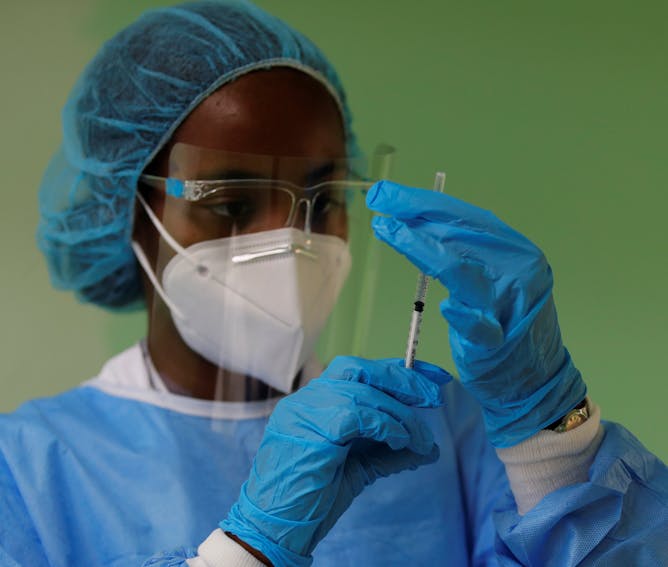
Bienvenido Velasco/EPA
Deborah Gleeson, La Trobe University
COVAX, the global vaccine distribution initiative, is well behind its goal of delivering 2 billion doses this year due to under-investment, vaccine nationalism and export restrictions.
|
Business + Economy
|

Mary O'Sullivan, Université de Genève
The story of how money injections became the go-to policy for tackling economic crises.
| |
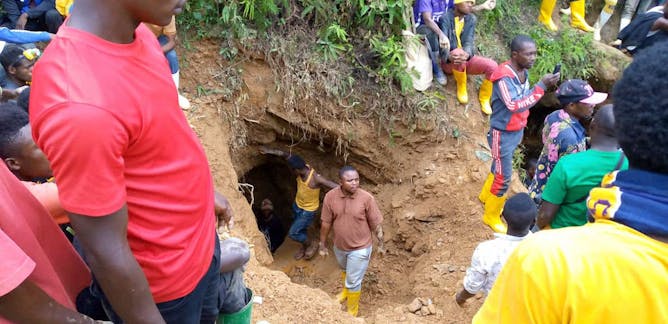
Ben Radley, University of Bath; Sara Geenen, University of Antwerp
The mass privatisation of mining and the turn to foreign direct investment has created conflict with small-scale miners.
|
|
|
Energy + Environment
|
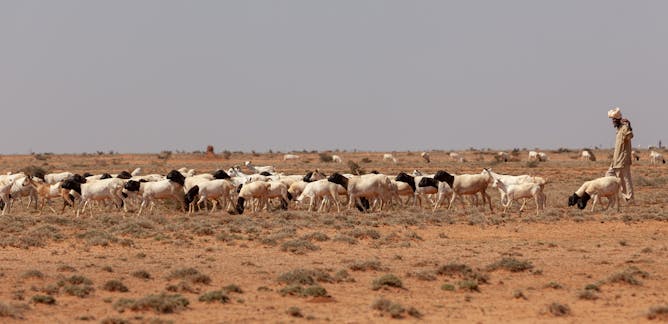
Andrew E. Yaw Tchie, Norwegian Institute of International Affairs
The federal government needs to address the relationship between climate-related realities and the country's national security.
| |
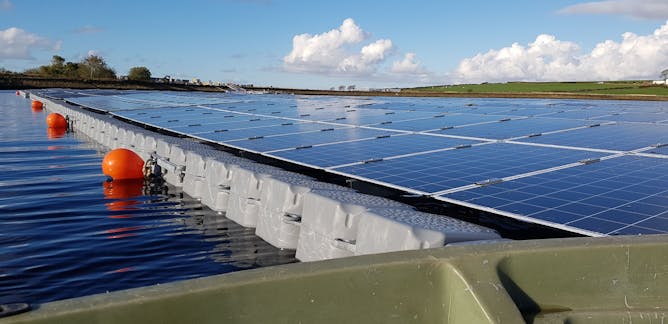
Giles Exley, Lancaster University
Earth's floating solar power capacity has grown one-hundredfold in the last five years.
|
|
|
En Français
|
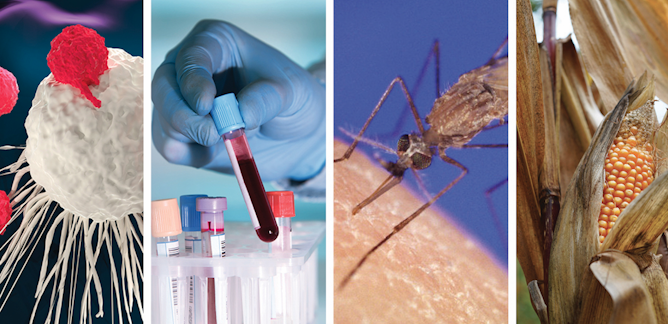
Hervé Chneiweiss, Inserm; François Hirsch, Inserm
Du traitement des cancers à l’amélioration des variétés cultivées en passant par l’élimination des insectes vecteurs de maladies, les « ciseaux moléculaires » CRISPR ouvrent de nouveaux horizons.
| |
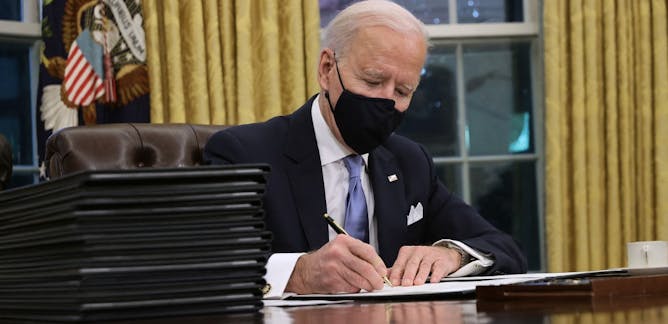
Nicolas Tenzer, Sciences Po
La nouvelle administration américaine a évoqué la mise en place d’une alliance des démocraties. Le projet semble pour l’heure bien vague. Une telle alliance est pourtant nécessaire.
|
|
|